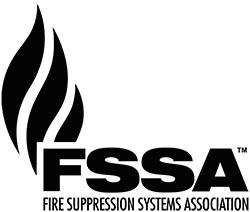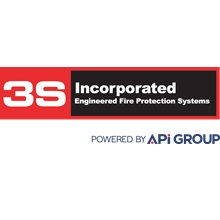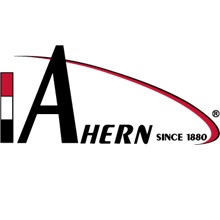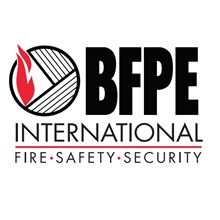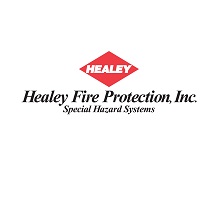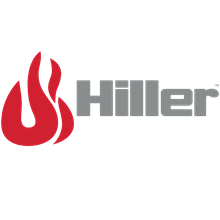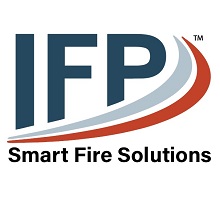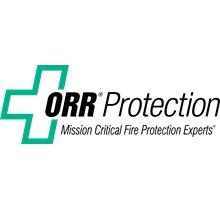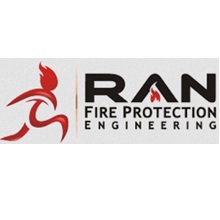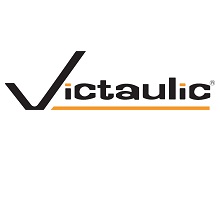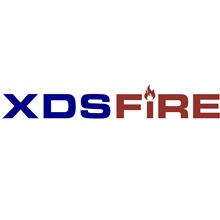NFPA 855: What is a Plume Study and Why is it Important to your Hazard Mitigation Analysis (HMA)?
NFPA 855: What is a Plume Study and Why is it Important to your Hazard Mitigation Analysis (HMA)?
Last week we had a lively discussion at NFPA 855 about this. Another thing that I'm hoping is going to be in your HMA is a plume study or a plume analysis. For those of you that don't know what a plume analysis is, you're basically looking at the gasses that come off of battery fire and where they go. We've collected that data, so now we know the battery, we know the technology, we know the battery you're putting in, and where the smoke and toxic, and potentially flammable gasses are going. I had a lot of people ask me; well, you know, sometimes the studies are not effective like what happens when the wind changes? The more information you can give me, the more information I can bring to my city council. The more information I can bring to my fire chief, the more information I can bring to my mayor, saying, most likely on a common day out here in Arizona, this is the wind direction, and this is where the plume is going to go.
This helps me get the job pushed through. Because a lot of people think that they'll be asked the question; well, if there's a fire, where's the smoke going to go? If I don't have any kind of plume study, then I don't have an answer. And now they start thinking that maybe we're hiding something. If you look at all the train derailments that have been happening around the country, there's always that, what are they not telling me? The more information and the more that we're on the same page when we go to these meetings, the better. So, a plume analysis should be part of your HMA. And we're actually looking to put that in NFPA 855, in the next edition. That's why plume study is so important for us. It shows us, for the most part, where that plume is going and what's in the plume. And if we can show that it just stays on your property and then it dissipates, perfect. That's a really good meeting I'm going to have with our city council and our public, because they're the ones that are going to want to know.
 FSSA Series Presented by: Brain Scholl, Deputy Fire Marshall of the Phoenix Fire Department
FSSA Series Presented by: Brain Scholl, Deputy Fire Marshall of the Phoenix Fire Department
As a Deputy Fire Marshal that has seen the impact of ESS fires and incidents as well as a member of the NFPA 855 committee, Brian will share his perspective on how the code was developed, highlight lessons learned from serious ESS incidents, and how the code should be interpreted and applied. Brian Scholl is a Deputy Fire Marshal with the City of Phoenix Fire Department. Throughout his 22-year career, Deputy Fire Marshal Scholl has worked in many roles to include being the Public Information Officer and managing the Special Hazards Unit. This highly trained inspection unit inspects and permits any facility that stores, handles and uses hazardous materials including lithium ion batteries. Brian also serves on many different code technical committees to include NFPA 855, the standard for the Installation of Stationary Energy Systems and NFPA 420, the Standard on Fire Protection of Cannabis Growing and Processing Facilities.
Hear more from Brian first-hand at the upcoming FSSA 2024 Annual Forum which will be held February 22-26 in Phoenix, AZ. We hope to see you at the Forum!
Looking for more education on this topic? Videos are continuing to be added to the FSSA NFPA 855 Standard for the Installation of Stationary Energy Storage Systems Series playlist on YouTube. Subscribe to the FSSA channel for updates. Not an FSSA member? Join today and your entire company gains access to the FSSA Annual Forum, publications and communications, complimentary webinars, discounted training programs and more!
Take advantage of the FSSA new member promotion for Installers, Manufacturers, and Suppliers. This one-time introductory membership price is valid for any new member company or returning member company that has not been active in the last three (3) consecutive years.
